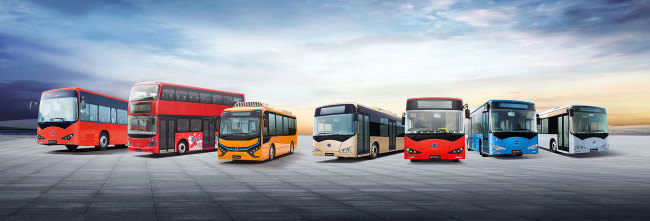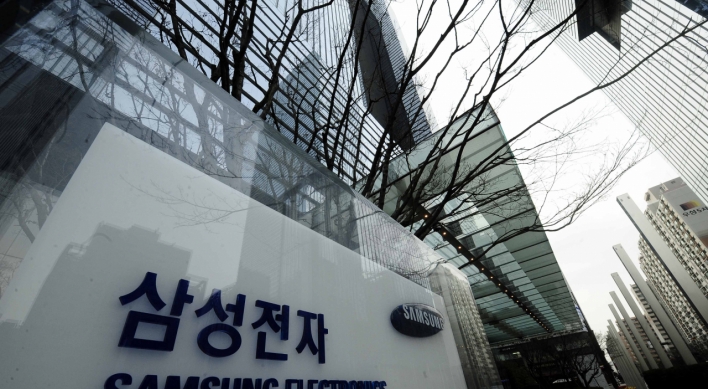Samsung renews automotive push with BYD investment
By Korea HeraldPublished : July 15, 2016 - 11:57
[THE INVESTOR] Samsung Electronics is renewing its automotive push with its latest decision to acquire sizeable shares in China’s largest electric vehicle manufacturer BYD.
The company confirmed the deal on July 15 but declined to reveal the specific size of the investment. Earlier in the day, a local newspaper reported that Samsung will invest 3 billion yuan (US$448 million), about 2 percent stake in the Chinese company.
The company confirmed the deal on July 15 but declined to reveal the specific size of the investment. Earlier in the day, a local newspaper reported that Samsung will invest 3 billion yuan (US$448 million), about 2 percent stake in the Chinese company.

“The latest investment aims to strengthen our partnership on automotive and smartphone parts. Samsung will not participate in BYD’s management,” the company said in a statement.
“The key purpose is strengthening our leadership in the soaring automotive chip market,” it added, saying the investment has nothing to do with Samsung SDI, the battery-making unit of Samsung Group.
The Samsung-BYD partnership comes as Samsung has been pouring considerable resources into automotive parts, especially for futuristic electric vehicles, launching a separate automotive parts business division in December last year.
Except some presence in the battery market, the company has not yet secured a firm footing in the field. Samsung SDI is supplying batteries to global carmakers, being the sole supplier to BMW’s electric models.
Some critics speculated that Samsung SDI could share battery technologies with BYD after the battery maker failed to be included into the Chinese government’s tentative list of companies subject to EV subsidies.
Samsung flatly denied the speculation.
BYD is also the No. 3 player in the EV battery market with 15.1 stake. The company is specialized in LFP or lithium-ion-phosphate chemistry batteries, while Samsung is an expert in the more advanced NCM or nickel-manganese-cobalt chemistry batteries.
The Chinese government recently decided not to offer customer subsidies for EVs using Samsung batteries. Two more evaluation sessions remain before the subsidy cut that takes effect from 2018.
By Lee Ji-yoon (jylee@heraldcorp.com)
-
Articles by Korea Herald





![[KH Explains] No more 'Michael' at Kakao Games](http://res.heraldm.com/phpwas/restmb_idxmake.php?idx=644&simg=/content/image/2024/04/28/20240428050183_0.jpg&u=20240428180321)



![[Grace Kao] Hybe vs. Ador: Inspiration, imitation and plagiarism](http://res.heraldm.com/phpwas/restmb_idxmake.php?idx=644&simg=/content/image/2024/04/28/20240428050220_0.jpg&u=)









![[Herald Interview] Xdinary Heroes shoot for the next level with 'Troubleshooting'](http://res.heraldm.com/phpwas/restmb_idxmake.php?idx=642&simg=/content/image/2024/04/29/20240429050745_0.jpg&u=)